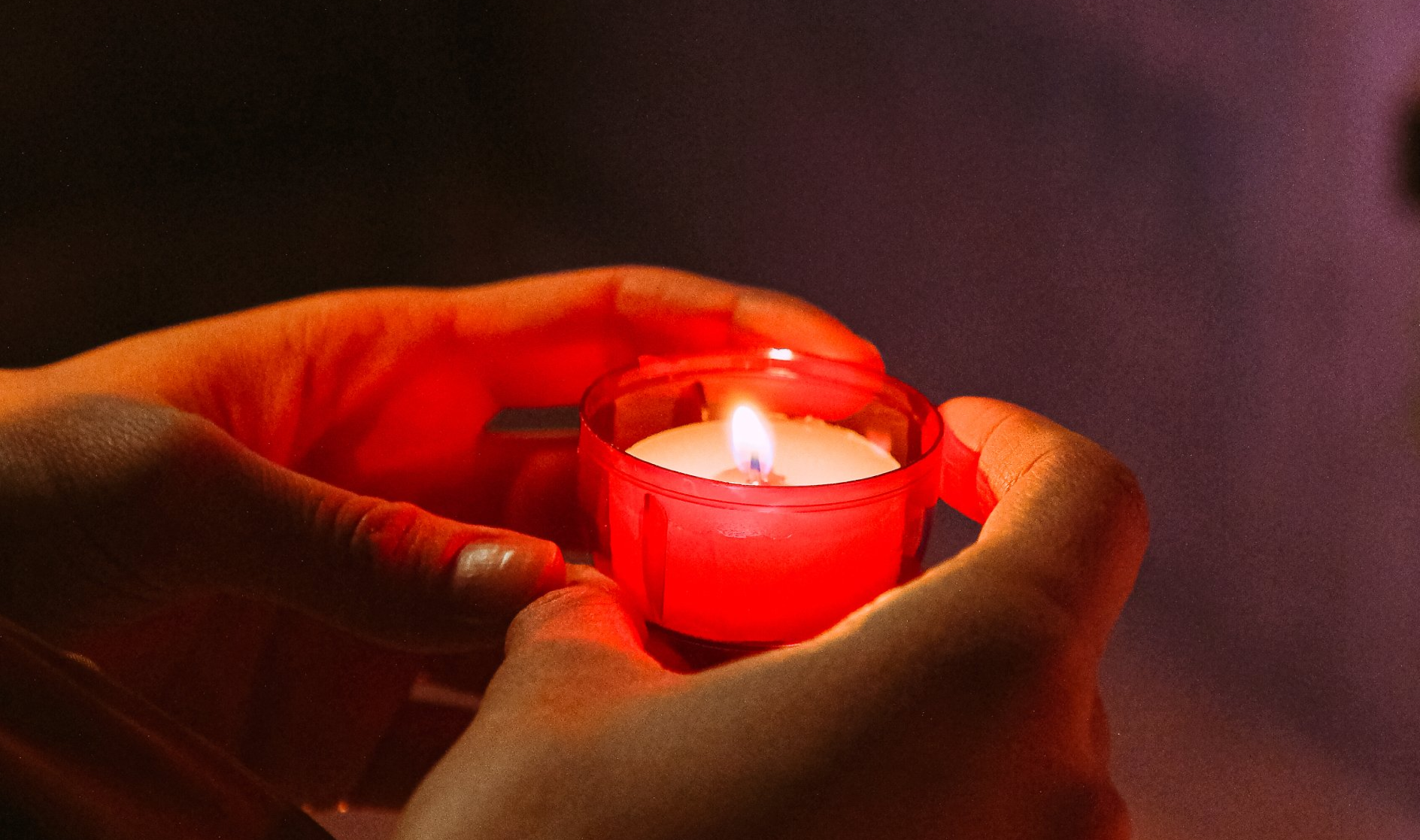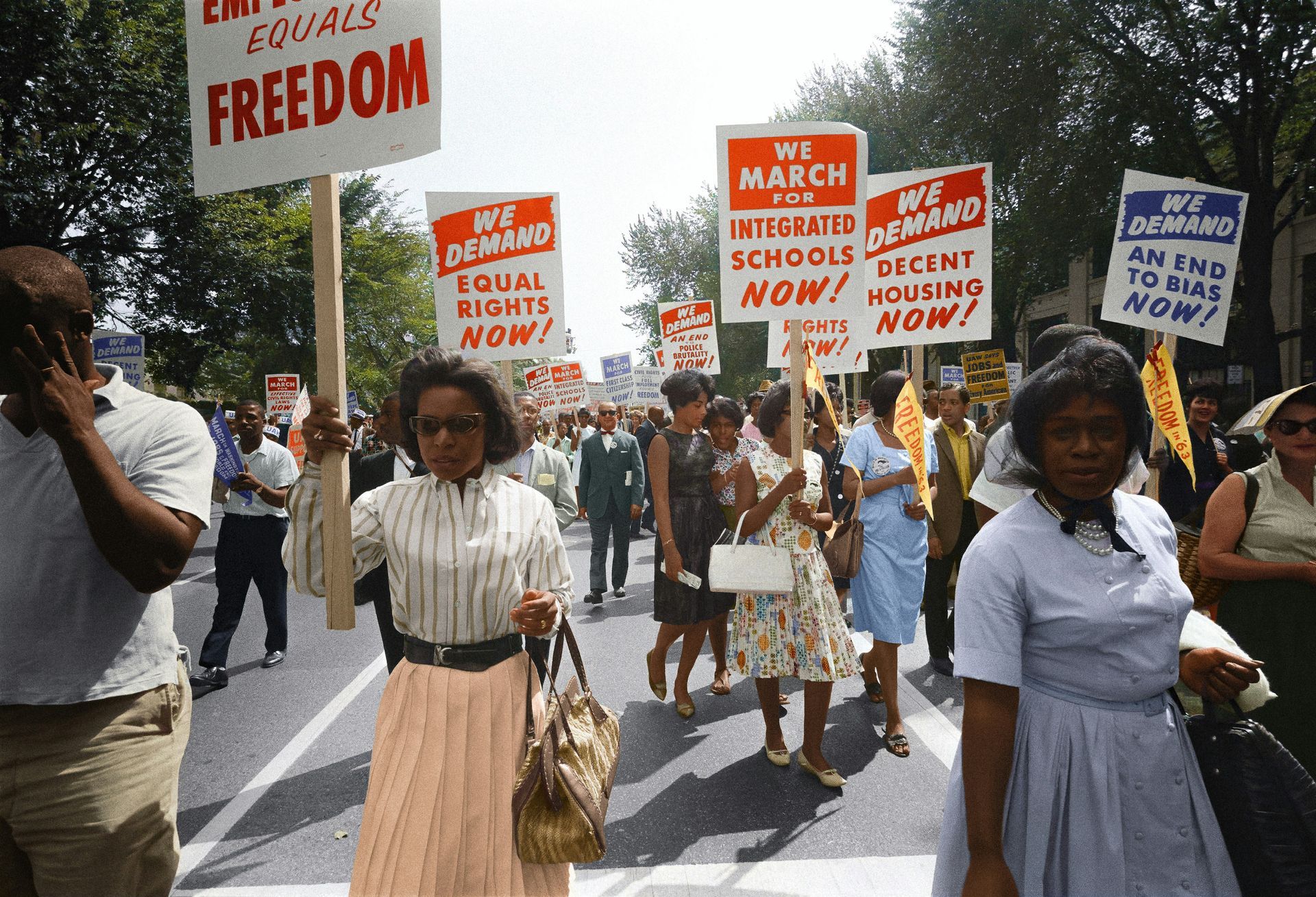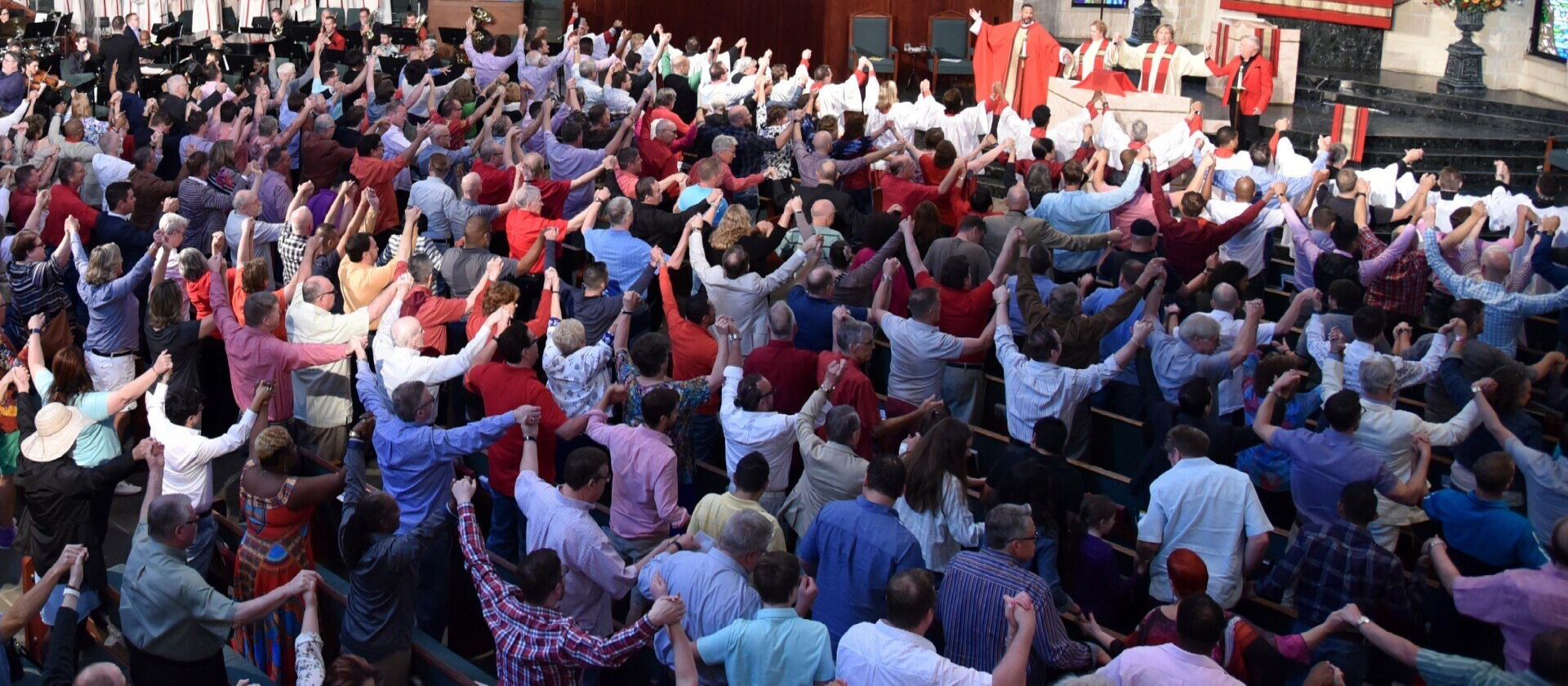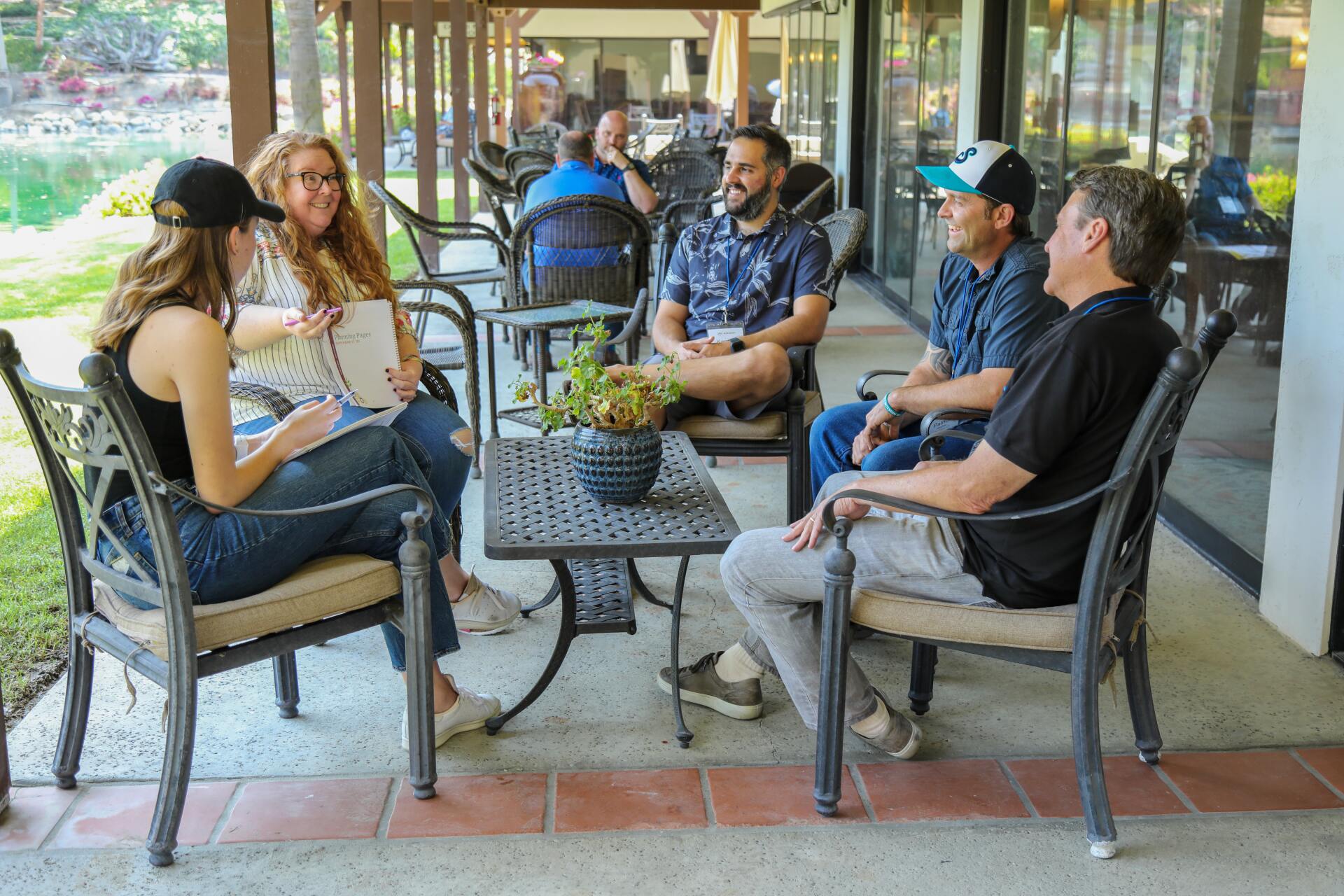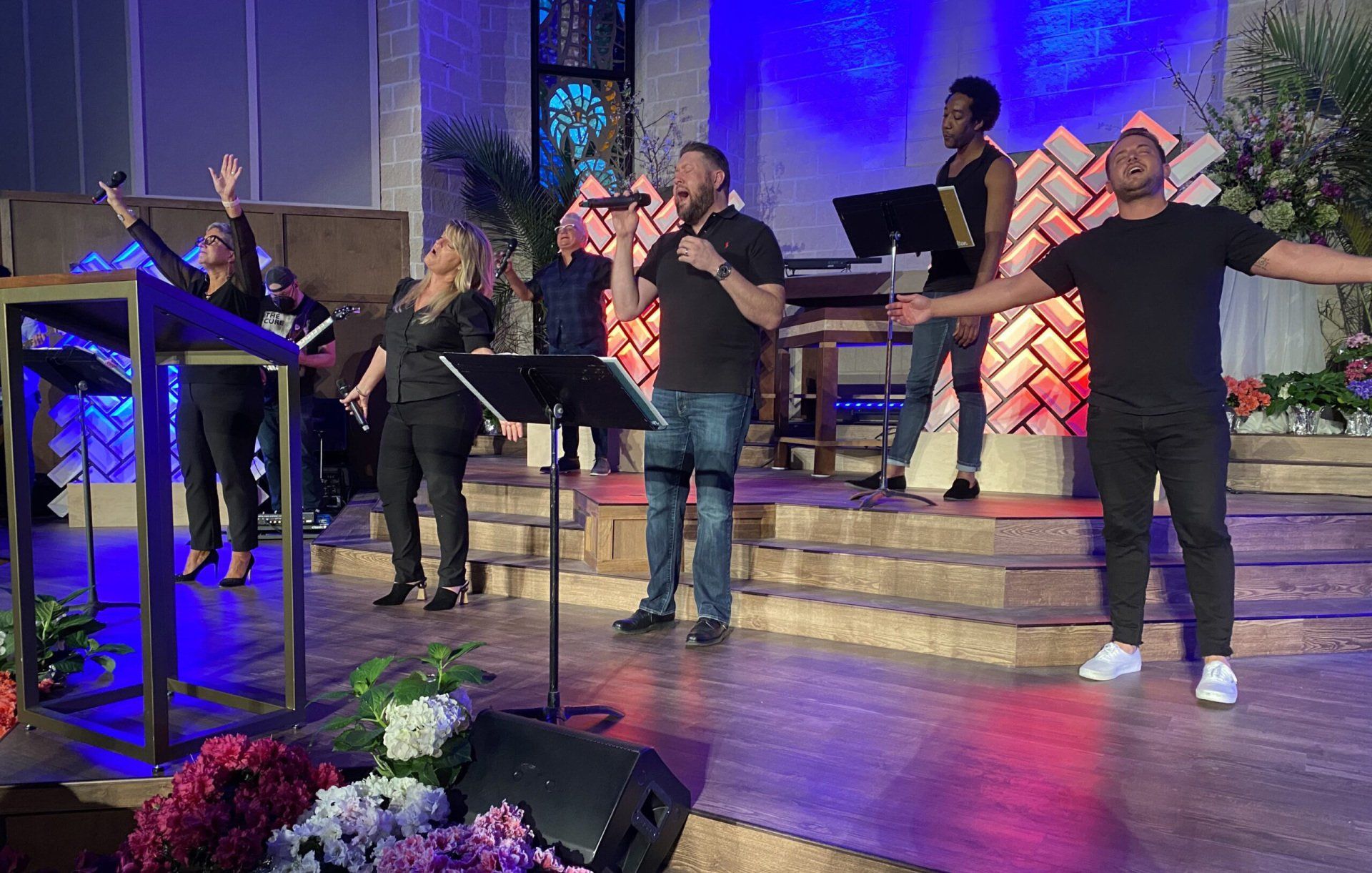By Reed Kirkman
•
February 19, 2026
SCRIPTURE Jonah 3.1 Then the word of Yahweh came to Jonah a second time: “Get up! Go to the great city of Nineveh and preach to them the message I told you to share.” (Full passage: Jonah 3 1-10 (Inclusive Bible) WORDS OF HOPE on Iwo Jima Day Today is Iwo Jima Day. I am too young to know what it truly meant to fight in World War II, especially in its final and most devastating months. I did not land on black volcanic sand beneath a sky filled with fire. I did not carry orders that demanded violence while promising freedom. I did not watch friends disappear in an instant. To claim that understanding would be dishonest. And yet remembrance does not require firsthand experience—it requires humility. It asks us to pause, to honor lives lost, and to sit with the truth of what war takes from the human soul. Remembrance is not meant to glorify war. It is meant to sober us. It confronts us with the cost of violence and reminds us that war always takes more than it gives. On this day, honoring those who suffered and died matters deeply. Their lives should never be reduced to symbols or used to justify future violence. True remembrance resists romanticizing sacrifice and instead calls us to learn from it. But remembrance is never only about the past. It presses into the present. It asks how we will live now. I live in a world shaped by the aftermath of war—a world where violence has not ended but has become easier to justify, easier to ignore, and easier to fund. As I stand in the 21st century, early in 2026, my spirit is drawn not toward militarism, but toward peace. I feel called to resist the normalization of war and to choose the way of nonviolence. I name myself, without apology, as a pacifist. Nonviolence is not weakness; it is moral clarity. Pacifism does not deny suffering or ignore injustice. It refuses to answer harm with more harm. It is the conviction that violence may overpower bodies, but it cannot heal hearts, restore dignity, or build lasting justice. The means we choose to shape the world we create, and peace cannot be born from systems designed to destroy. Nonviolence is not passive or naïve. It is active and demanding. It requires courage to interrupt cycles of retaliation and restraint when vengeance feels justified. It calls for truth-telling, protest, solidarity, and love that refuses to become what it opposes. Nonviolence does not avoid conflict—it seeks to transform it. I embrace the word hippie as a spiritual posture rather than a stereotype. Flower power, for me, is a commitment to peace, justice, and love. My bumper stickers speak those values openly. Hippie beads hang in my car, small reminders that even ordinary spaces can carry intention and witness. My clothing reflects simplicity and a refusal to clothe myself in fear or domination. These are not performances; they are practices—ways of aligning daily life with deeply held convictions. The music of the 1960s counterculture still shapes my imagination. Those songs remind me that love can confront war, that dissent can be faithful, and that choosing peace in a violent world is not foolish—it is necessary. In a culture that treats violence as practical and compassion as unrealistic, choosing gentleness becomes an act of resistance. War’s harm reaches far beyond the battlefield. It displaces families, creates refugees, wounds children, and scars the earth itself. Long after fighting ends, war lingers—in bodies, memories, and systems built on fear. And yet we live in a nation that can always find resources for weapons and conflict, while struggling to care for the unhoused, protect LGBTQIA+ lives, welcome immigrants, or ensure dignity for the vulnerable. This is not just a political problem; it is a spiritual one. What we fund reveals what we value. The story of Jonah reminds me that God is not committed to destruction. Nineveh is spared not through force, but through repentance and the turning away from violence. Mercy interrupts what seems inevitable. The story insists that people and nations can change, and that violence is not the final word. Honoring those who fought and died at Iwo Jima does not require glorifying war. True remembrance asks whether we are willing to choose another way. To remember faithfully is to commit ourselves to peace. To grieve honestly is to refuse to make violence sacred. And to follow the God of mercy is to believe that nonviolence is not a dream for another world, but a calling for this one. PRAYER God of peace, come into our wounded world. Where war is normalized, teach us repentance. Where violence is justified, awaken compassion. Where fear governs decisions, plant courage rooted in love. Shape us into people who choose nonviolence, who resist empire without becoming what we oppose, who carry peace in our words, our bodies, our cars, our homes, and our daily lives. Let peace begin in us, and let it ripple outward— into our communities, our nations, and our world. Amen. DEVOTION AUTHOR Reed Kirkman


